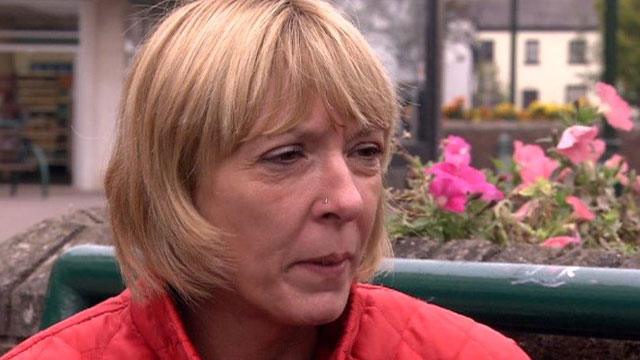Prosecuting members of a £21m pyramid scheme cost taxpayers £1.4m
- Published
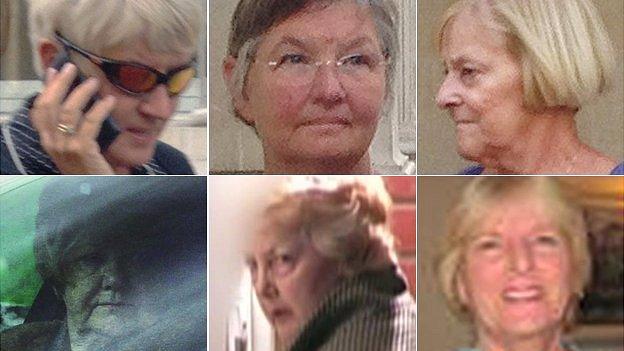
Clockwise from top left: Hazel Cameron, Mary Nash, Susan Crane, Carol Chalmers, Jennifer Smith-Hayes, Laura Fox
Prosecuting the women who ran a £21m pyramid scheme cost taxpayers more than £1.4m, it has been revealed.
The "Give and Take" (G&T) scheme operated in south-west England and south Wales, fleecing at least 10,000 people between May 2008 and April 2009.
The scheme generated £21m and six G&T committee members, all from the Bristol area, were ordered to pay more than £500,000 in confiscation and costs.
But the prosecution cost was "not less" than £1,465,000, it has now been found.
The figures were released following a Freedom of Information (FOI) request by the Press Association.
'Beg, borrow, steal'
A spokeswoman for the Competition and Markets Authority (CMA) said there was a "strong public interest" in bringing the case to act as a deterrent, warn the public and achieve justice for victims.
"Investigating and prosecuting complex economic cases of this kind are invariably costly, often taking a significant time to investigate fully and resulting in lengthy trials," she said.
"The costs associated with this particular case are in no way unusual or unexpected for a case of this kind."
During trials in 2012 and 2014, Bristol Crown Court heard the group had encouraged people to "beg, borrow or steal" £3,000 to put into the scheme, which promised more than £20,000, as more members joined.
But as the number of new recruits dried up, the scheme collapsed with 90% of investors losing between £3,000 and £15,000.
Eleven women, aged between 34 and 69, became the first to be prosecuted for such a scheme, under new legislation in the Consumer Protection from Unfair Trading Act 2008.
Following a Proceeds of Crime hearing six of the group paid back more than £500,000 but two others were ordered to hand over just £1 as they had no realisable assets.
- Published22 July 2015
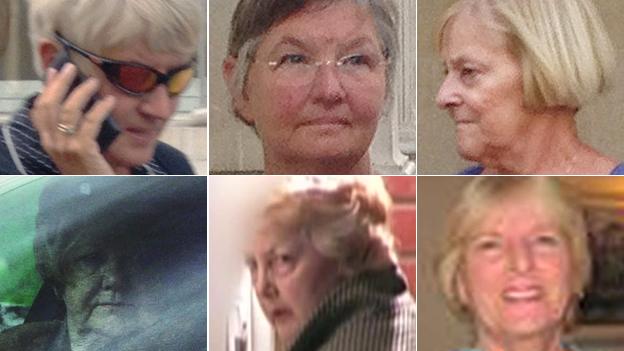
- Published15 July 2015
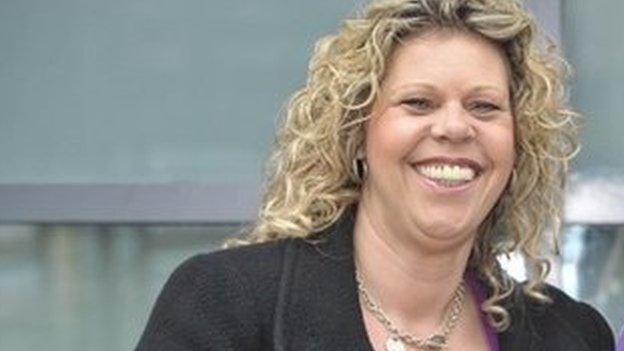
- Published18 September 2014
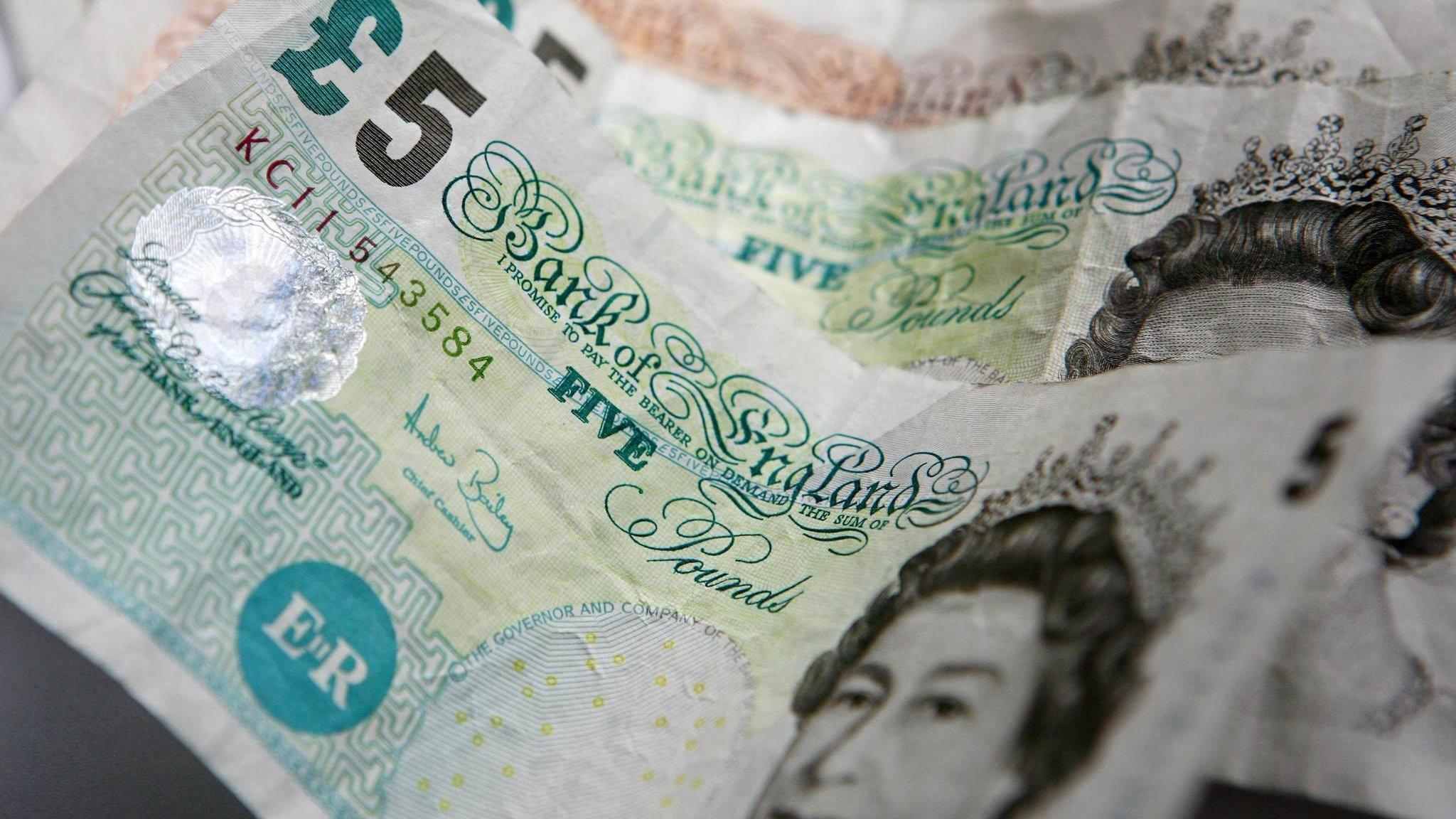
- Published18 September 2014
